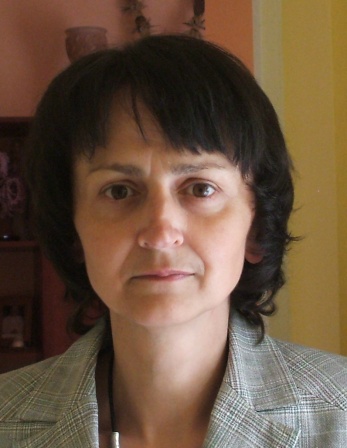A first for Lithuania: First doctoral dissertation on palliative care
Palliative care has gained momentum in Lithuania with the publication of the first doctoral thesis on palliative care. Professor Arvydas Šeškevičius, President of the Lithuanian Society of Palliative Medicine, explains some of the key findings.
In 2007, when palliative care as an independent branch of medicine
was established in our country, the development of practical palliative
care gained pace. Hospices started establishing palliative care
departments and delivering home care. At the same time, studies on
palliative care were initiated in colleges and universities. The
students there became interested in palliative care – they started
writing bachelor’s or master’s theses.
When Žaneta Valiulienė entered doctoral (PhD) studies in nursing at
the Lithuanian University of Health Sciences, she started working on a
scientific topic ‘Health Problems of Palliative Care Patients with
Oncological and Heart Diseases and their Associations with
Spirituality’, which I supervised.
The duration of the doctoral studies
was four years and during this period Žaneta analysed 150 palliative
patients with neoplastic diseases and 150 palliative patients with
cardiac diseases.
The study showed that patients with neoplastic
diseases most frequently experienced physical problems: physical
weakness, pain, hiccups and fecal incontinence.
Patients with cardiac
diseases most frequently complained of fatigue, dyspnea, chest pain,
insomnia, and urinary and/or fecal incontinence.
Concerning social issues, oncological patients indicated that they
mostly cared about assistance and communication with the family, as well
as having a person to whom they could tell their feelings and
experiences. Good social relationships were enhanced by the feeling that
the patients were needed by the family. Patients with cardiac diseases
indicated that they mostly cared about financial issues and good
relationships in the family.
Patients with neoplastic diseases were found to have the following
mental health disorders: marked anxiety, a lack of internal coherence
and difficulty accepting the disease. Cardiac patients were more
frequently depressed. Older patients more easily found inner peace,
compared to the younger ones. Compared to men, women with neoplastic
diseases more frequently felt the presence of God and found strength in
faith to fight the disease. The same applied to female patients with
cardiac diseases.
Patients with lower levels of education less frequently demanded
spiritual assistance and the Holy Sacraments than patients with
university-level education did. Male patients with neoplastic diseases
more frequently disregarded the Ten Commandments, and yet they more
frequently demanded a priest than female patients did.
Most cardiac
patients firmly believed in salvation through Jesus Christ, and found
hope in prayer.
Depression was less severe in practising believers with
neoplastic diseases, and practising believers with cardiac diseases less
frequently complained of pain and anxiety.


No comments:
Post a Comment